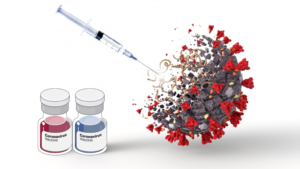Fatigue is defined as extreme tiredness, and it can be caused by any number of mental health or medical conditions. Some of the most common causes for fatigue are easily diagnosed through simple lab tests. If you are experiencing frequent fatigue, you should consider other symptoms to try to narrow down the cause.
Anemia
There are several different forms of anemia, but the most common is low iron levels in the blood. If you are anemic, you may also experience dizziness, weakness, and a pale complexion in addition to fatigue. This can be determined by a simple blood test. If confirmed, it can usually be treated with iron supplements.
Type 2 Diabetes
Having high blood sugar can often make you feel fatigued. Shakiness when you do not eat, feeling extremely tired just after eating, or sweet-smelling urine are some additional symptoms of type two diabetes. This can also be determined through a simple panel of blood tests that will determine your blood sugar levels at time of test and for the previous three months. If confirmed, you will need to see a doctor for treatment.
Allergies
Not all allergies are immediately apparent. You may have mild allergies to household products, certain flowers or grasses, or foods. It is common for people to be unaware of how allergies are affecting them until it is determined as a cause for fatigue and other symptoms. Your doctor can do extensive testing to determine what is in your environment that you are allergic to.
STDs
Another very common cause for fatigue is STDs. Many STDs will make you feel fatigued, such as HIV or AIDS, chlamydia, gonorrhea, or herpes, among others. If you are experiencing discomfort or are at high risk for STDs, you should get tested right away. You do not have to do this through your doctor, as at-home tests are readily available. If the test is positive, you will then need to seek a doctor for treatment.



